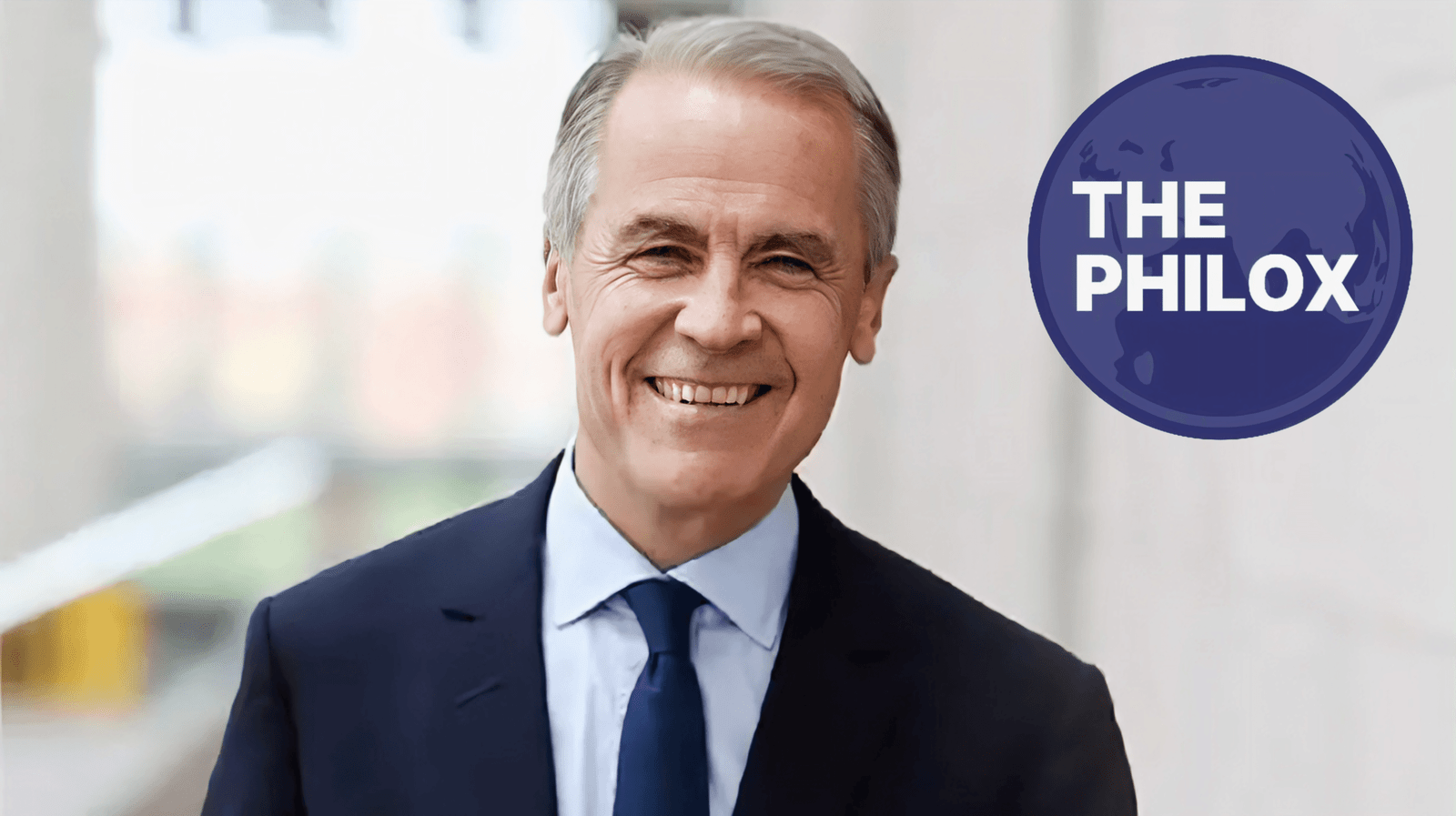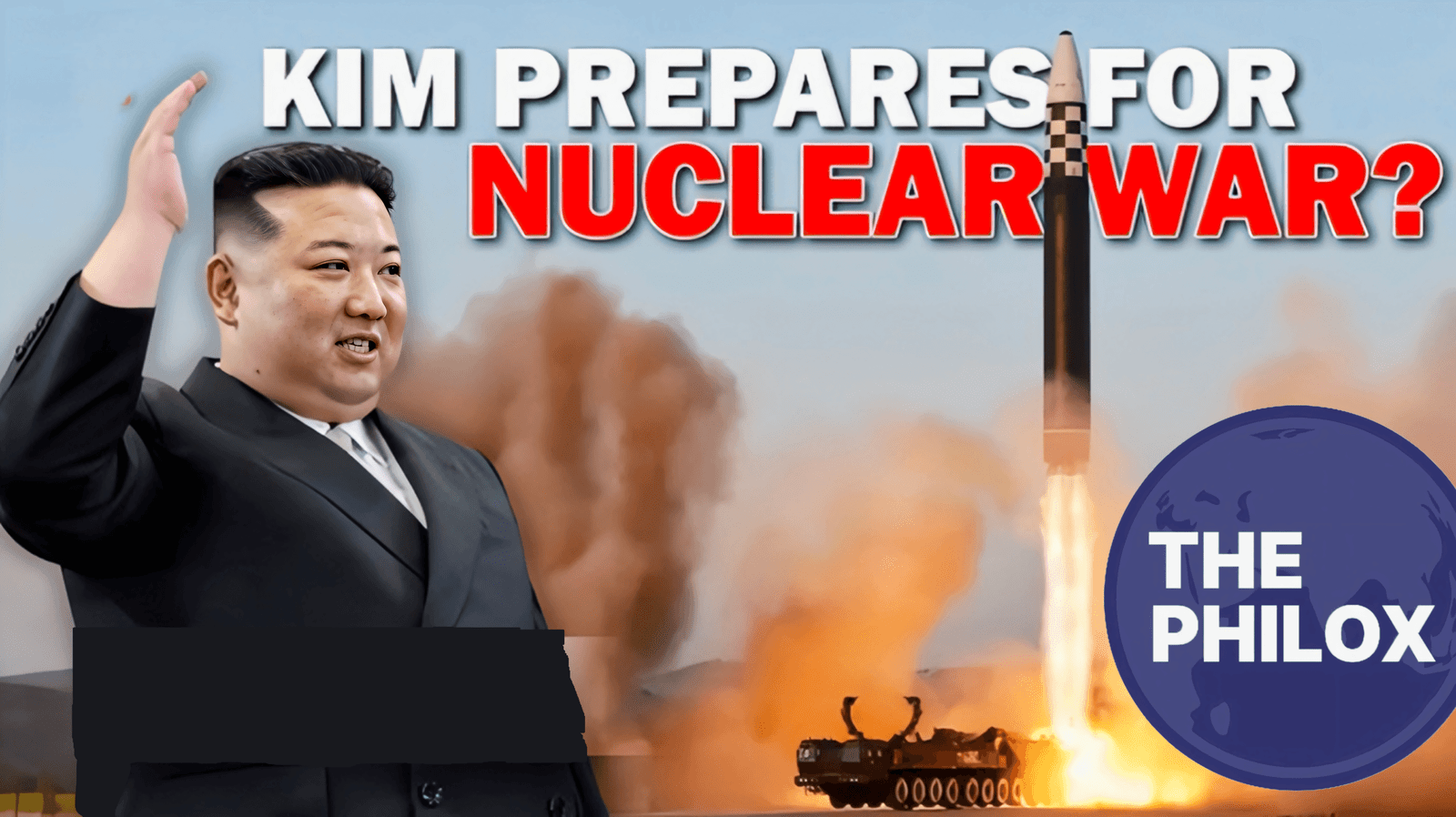A Landslide Victory among Rising Tension
While Mark Carney’s stunning triumph in Canada’s 2025 federal election marks a new chapter for the nation, his leadership could aggravate already fragile diplomatic ties for India.
Reportedly replacing Justin Trudeau as the Liberal Party leader, Carney obtained a commanding 85.9% of the Liberal vote, per CBC News on March 9, 2025.
Officially sworn in as Canada’s prime minister on March 14, 2025, he took office at a pivotal junctur when the nation is enmeshed in a trade conflict with the United States, Reuters on March 11, 2025 notes.
Although Carney has promised to restore Canada’s economic reputation, his government’s handling of India—especially on security issues pertaining to Khalistani extremism—is likely to widen already existing diplomatic divisions.
Liberal Leniency on Extremism from Khalistan
The existence of Khalistani sympathizers among the Canadian Sikh diaspora has been among the most divisive problems in Canada-India ties.
The Liberal Party was heavily attacked under Justin Trudeau’s leadership for its slow response against pro-Khalistan organizations.
Trudeau’s failure to forbid the Khalistan Tiger Force (KTF) in spite of India’s repeated appeals in 2023—as Hindustan Times on September 20, 2023 reports—was a prime example.
This resistance has stoked doubts in India about the Liberal Party’s preference for home political interests above those of global security.
Carney’s leadership seems set to carry on this direction. Although he has made general comments about preserving Indo-Canadian trade relations, his government has not displayed any clear stance against separatists from Khalistan.
This is quite different from the Conservative Party, whose leader, Pierre Poilievre, has openly denounced Khalistani radicalism. Poilievre specifically called for more law enforcement against parties supporting secession in India during a Toronto protest on October 15, 2024, expressly criticizing violent aspects of the movement.
Global News reports Conversely, Carney has kept quiet on the matter, therefore bolstering worries in New Delhi about his government copying Trudeau’s policies.
Policies of Immigration Promoting Khalistani Influence
Carney’s choice to support Trudeau’s immigration policy adds still another element that can raise tensions between Canada and India. Plans to boost Sikh diaspora absorption by 10% in 2025 are described in a March 20, 2025 Liberal Policy Brief.
Although immigration from India is not intrinsically troublesome, the issue is the possible amplification of pro-Khalistan voices inside the political scene of Canada.
Long a cause of conflict between Ottawa and New Delhi, the increasing presence of Khalistani sympathizers in Canadian politics could empower these groups even more with immigration numbers rising.
By contrast, a February 2025 party platform from the Conservative Party promised to limit Sikh immigration at 2024 levels. This strategy sought to stop a demographic change favoring separatist elements that would affect domestic politics.
While the Liberals contend that their immigration policies are about inclusivity, detractors in India see it as a calculated action that subtly supports groups opposing India’s territorial integrity.
Carney’s Economic Priorities Regarding Security Cooperation
Carney’s priorities might not coincide with India’s security needs, even if he is dedicated to deepening economic connections with that country.
Reportedly speaking in Calgary on March 8, 2025, he promised to “rebuild Indo-Canadian trade ties,” Hindustan Times on March 10, 2025 notes.
Still, this emphasis on economics does not always translate into a dedication to closer security cooperation with India.
Conversely, the Conservative Party has been outspoken in advocating enhanced intelligence-sharing systems to counter Khalistani fanaticism.
According a leaked email to The Indian Express dated March 12, 2025, Poilievre’s government intended to provide intelligence to India about Khalistani networks running inside Canada.
Furthermore, as National Post on March 15, 2025 reports, the Conservative Party set aside $5 million in its 2025 budget proposal for the creation of combined India-Canada anti-terrorism task teams.
Carney’s proposals lack a similar endeavor, which highlights a basic contrast in priorities: although the Liberals seem more focused on economic diplomacy, the Conservatives give security cooperation with India first priority.
Remaining Diplomatic Fallout from Trudeau’s Tenure
Still hanging big over Canada-India ties is the diplomatic harm Trudeau’s reign causes. Trudeau’s accusation of India’s participation in the murder of well-known Khalistani leader Hardeep Singh Nijjar in British Columbia set off one of the most divisive debates of 2023.
As Al Jazeera on March 10, 2025 notes, the claims resulted in a marked decline in bilateral relations.
Trudeau’s government’s posture generated a diplomatic impasse that resulted in commercial disruptions and a suspension on security cooperation even though there was little hard data backing his assertions.
Given Carney’s agreement with past Liberal Party policies, his leadership is unlikely to heal these divisions. Poilievre, on the other hand, has moved actively to mend ties with India.
According to a Times of India article, he met with Indian High Commissioner Sanjay Kumar Verma on January 20, 2025 to go over strategies for reconstructing diplomatic and commercial cooperation.
This conference underlined the Conservative Party’s will to build a close alliance with India instead of the Liberals’ dubious position.
A Future of Tied Strays
Under Mark Carney’s direction, initiatives that have helped to sour Canada’s relationship with India will be carried on.
Although his economic emphasis might provide a road for better commercial relations, his unwillingness to confront security issues—especially those involving Khalistani terrorism—remains a key obstacle.
The Liberal and Conservative approaches differ greatly: while Poilievre and his party support a harder posture on separatist groups and more extensive intelligence collaboration with India, Carney’s government seems ready to uphold Trudeau’s status quo.
This implies that, for India, conflicts with Canada are not likely to relax in the near future. The ongoing problems with Khalistani extremism, together with Canada’s immigration policy and lack of security cooperation, will keep diplomatic advancement hampered.
Carney’s tenure may see a further deterioration in Indo-Canadian relations unless he acts decisively to allay India’s worries, therefore complicating collaboration on more general world issues.






